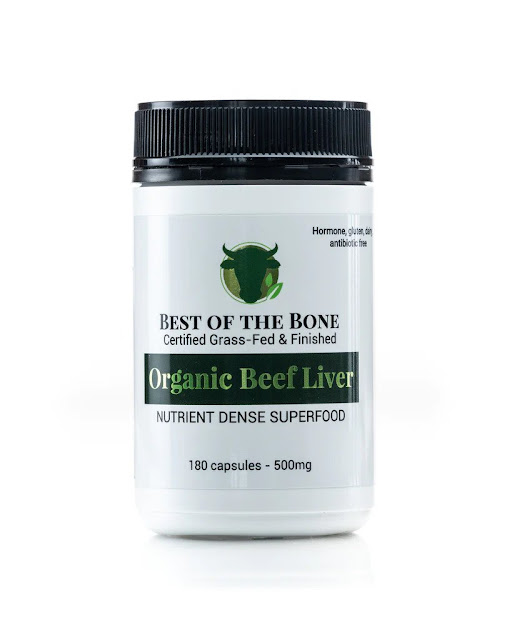How To Take Probiotics, Prebiotics, and Collagen for Gut Health
Collagen for gut health, together with probiotics and prebiotics, can improve your health in a number of ways because of the gut's control over good bacteria and digestion.
Figuring out when and how to take these supplements or if you can get these nutrients from food can take time and should be done with the help of a doctor.
We've put together a guide on taking probiotic collagen protein for gut health to help you start your research.
Ways to take prebiotics, probiotics, and collagen to keep your gut healthy, and when to take them
There are many reasons you might have problems with your gut health, and not everyone needs to take collagen, probiotics, or prebiotics for gut health.
But because of what we eat and how we live now, more and more of us are having long-term stomach problems that can often be prevented or treated by eating right.
Probiotics are a common health supplement. Almost 4 million adults in the US take them regularly for their health. People take organic bone broth in Melbourne for many different reasons, such as to treat irritable bowel syndrome or to keep their vaginal health in good shape.
When it comes to gut health, one of the most common questions about probiotics and prebiotics is if you can take them together and if that is even good. It doesn't matter when you take either of these two supplements, you can take them both simultaneously.
If you are taking probiotics, you don't always need prebiotics, but it can help the probiotics work better.
If you already eat many foods containing probiotics and prebiotics, you may not need extra supplements. Diet significantly impacts gut health, so taking supplements may not be necessary if your diet already has a lot of these nutrients.
Some people worry about taking supplements because the FDA doesn't regulate them like prescription drugs. Because of this, many people feel safer getting their probiotics and prebiotics from their food.
You will likely have some side effects when you start a new synbiotic regimen that changes your gut biome. Some of the most common side effects of taking more probiotics are gas, bloating, and loose stools.
• Loss of appetite
• Constipation
• Reflux of stomach acid
The best course of action in the event of a serious allergic response is to contact a medical professional.
Regarding gut health, taking collagen is often a more targeted or preventative measure than probiotics.
Most people don't worry about their stomach health until they have problems. So, a doctor will often recommend taking organic bone broth in Melbourne for gut health to treat something like leaky gut syndrome.
Collagen is good for more than just the health of your gut, though; different kinds work on other parts of your body.
Collagen and gut health is an exciting topic because some people who take collagen supplements may have had more stomach problems after taking them.
Conclusion
People taking antibiotics get the most out of a combination of probiotic collagen protein. When you take antibiotics, healthy bacteria are killed off. The synbiotic effect helps to make up for this.




Comments
Post a Comment